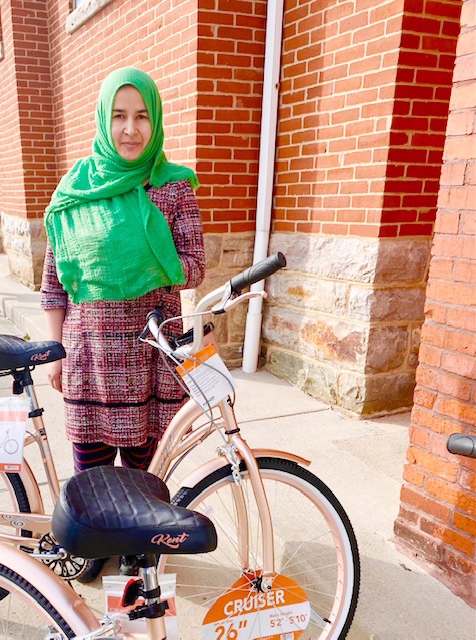by Maxine Troxell
Early settlers in America noticed that the German immigrants made this salad that was warm and had bacon and onions and a nice sweet and tart dressing, so they started calling it Hot German Potato Salad. German Potato Salad is very popular and unique, most probably coming from using leftover roasted or boiled potatoes. My Aunt Pauline and my sister used to make this a lot for family gatherings. I hope you enjoy it.
Hot German Potato Salad
Ingredients
4 medium potatoes
2 bacon strips
1 Spanish onion, diced
½ cup celery, diced
½ teaspoon salt
2 tablespoons sugar
2 tablespoons cornstarch
1/3 cup cider vinegar
1 cup water
Directions
Boil potatoes in skins until tender when pierced with a fork. Peel while hot. Slice potatoes thinly.
In large skillet, fry bacon until crisp and remove from skillet.
In bacon drippings, brown the onion and celery.
Stir in salt, sugar, and cornstarch.
Add vinegar and water
Stir in sliced potatoes. As the sauce thickens, more water may be needed.
Transfer to serving dish and serve hot.




